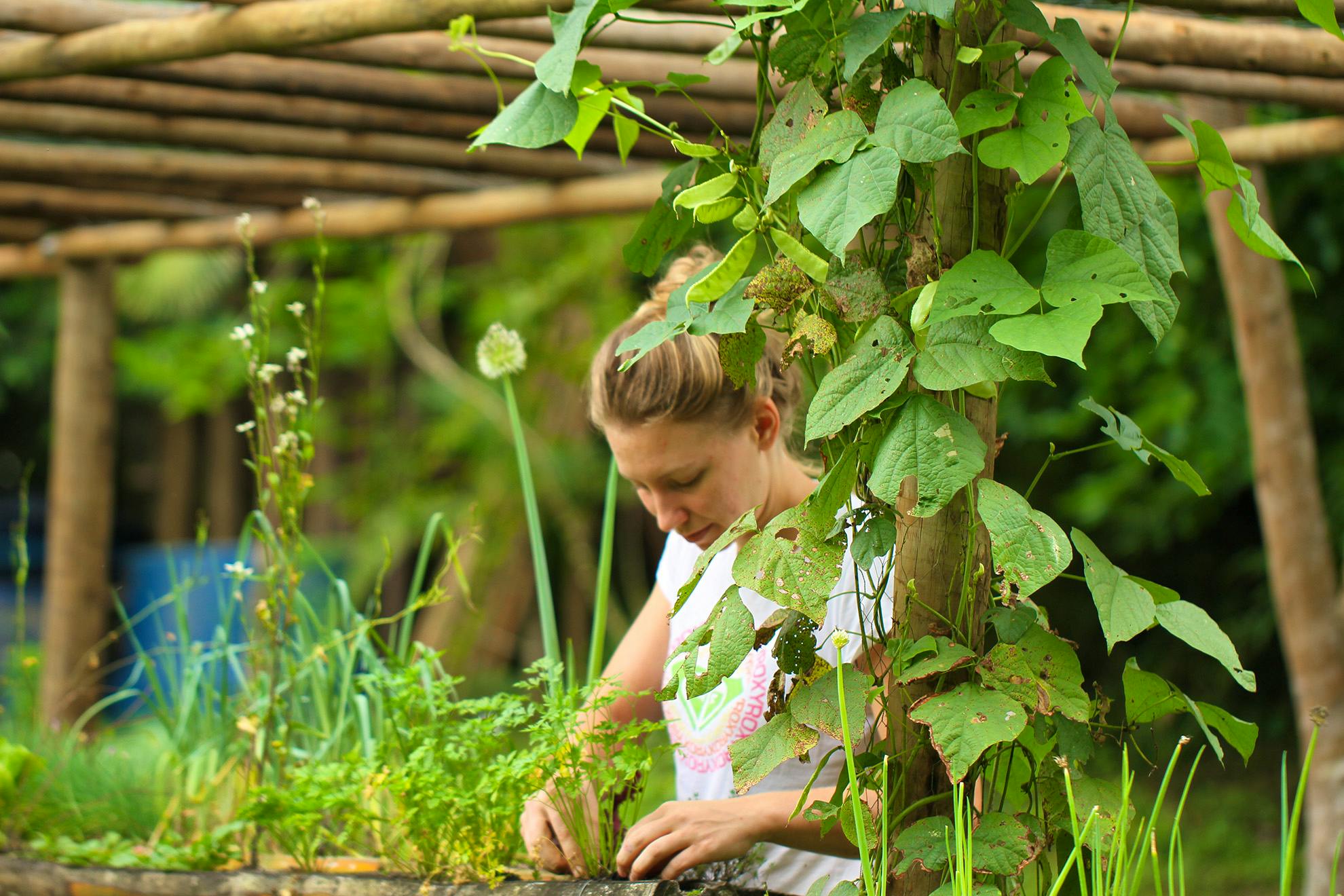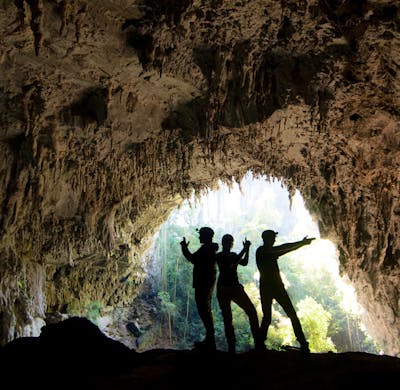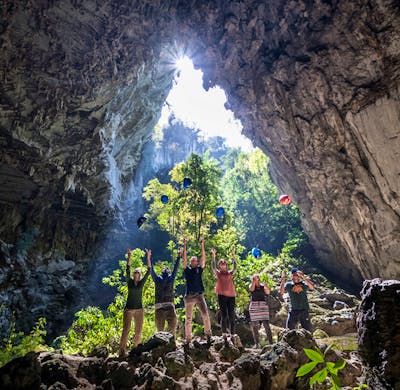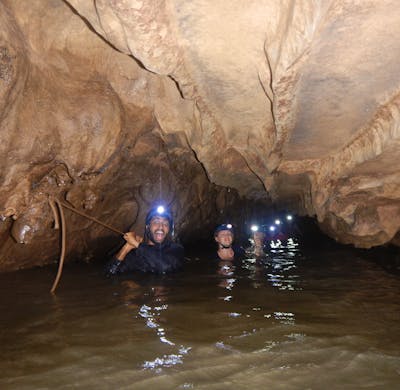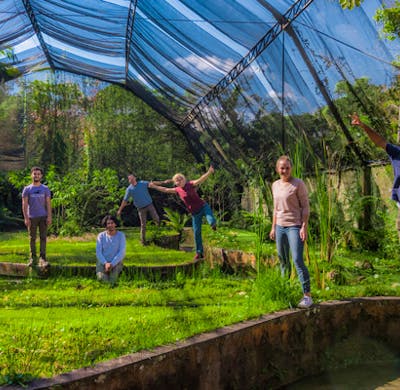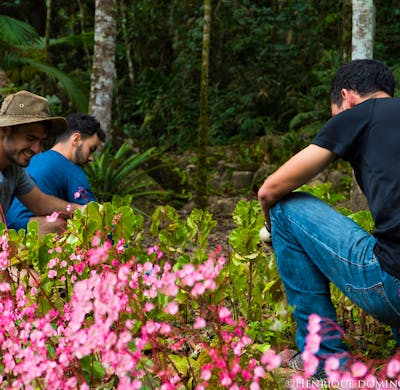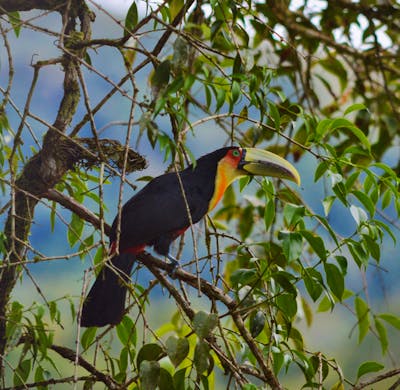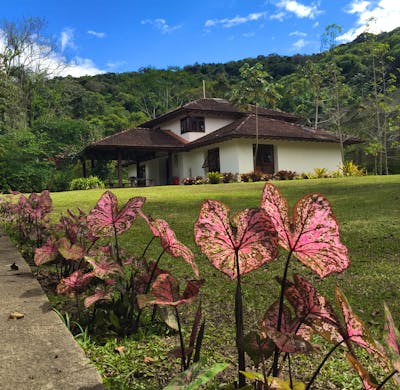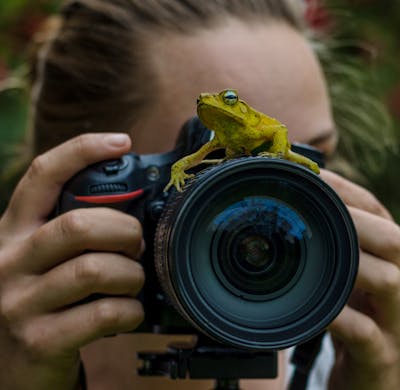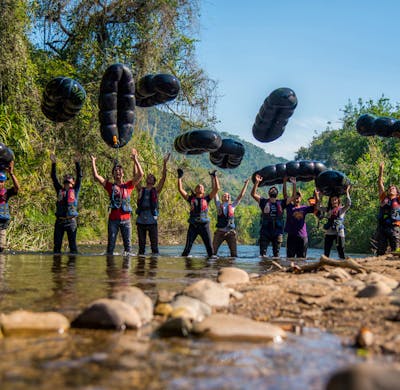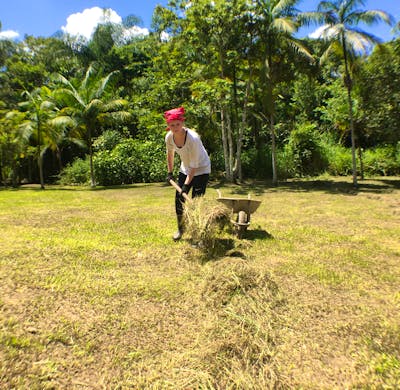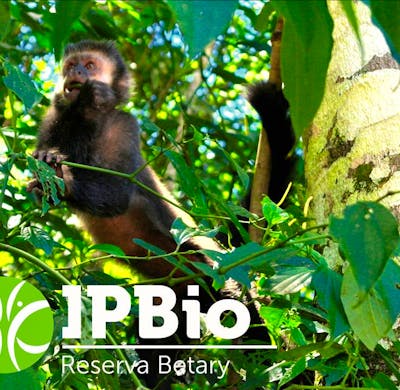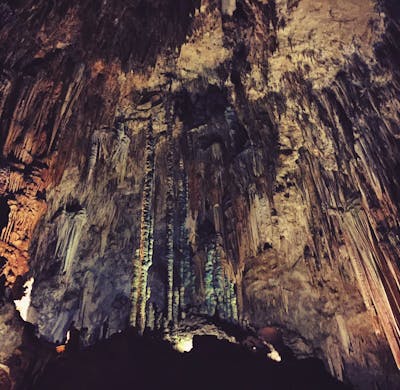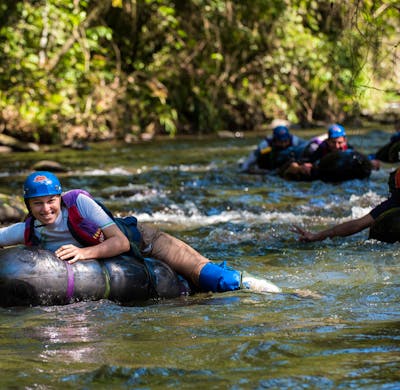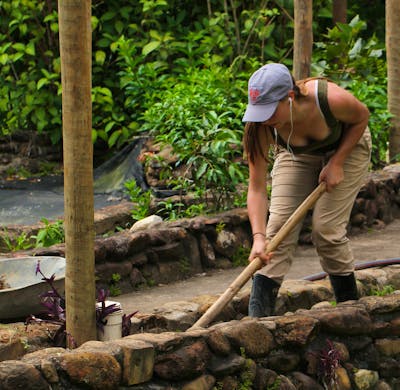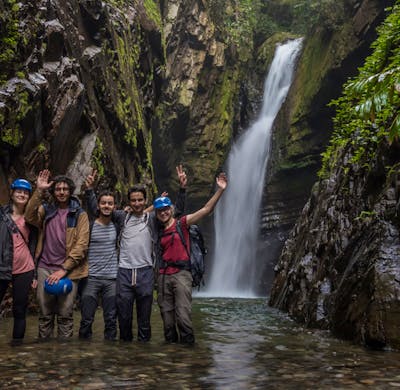Reserve Maintenance (Eco-supporter)
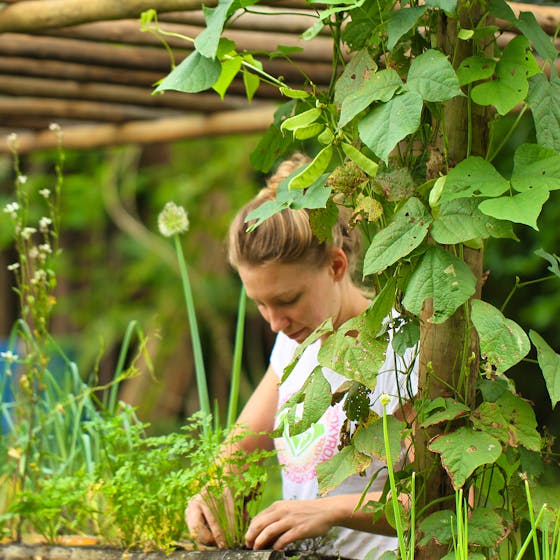
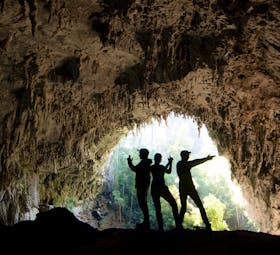
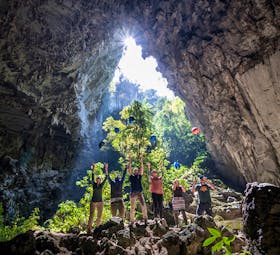
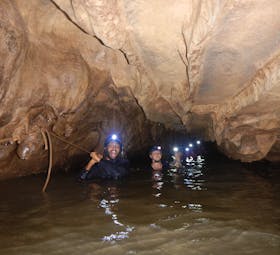
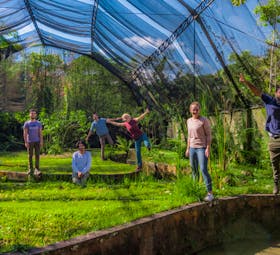
Especially good for
About the program
Maintaining the grounds, trails, animal enclosures, vegetable patches and the microclimate greenhouse. This is part of a larger role of the eco-supporter
The Program
Trails - we have a couple of trails around the reserve
which will need to maintained for visits. Grabbing a machete, you will cut back
any plants that are intrusively in the way or are prickly.
Animal Enclosures - we have a turtle tank and an aquarium which we will need help cleaning, ...
Typical day
- Maintaining of trails
- Cleaning, fixing and expanding animal enclosures
- Maintaining 60 hectares of forest, so that it's presentable to visitors
- Cleaning and maintenance in our greenhouse
- Planting and watering plants
Free-time activities
- Caves: Iporanga is called “The Cave Capital of Brazil” with over 400 caves in the town. Below are just the highlights.
•Casa da Pedra is the world’s largest cave entrance of 215 meters. The trip involves a 2-hour hike to the opening where there is a place to sit down and have a picnic and ...
Requirements
What's Included
What's NOT included?
Details on arrival
Program fees
Meet your organization

IPBio - Reserva Betary
Non-profit - founded in 2014
Verified by Volunteer World
Coordinated by
Imran
About the project
98 reviews ·  4.7
4.7
Location

You might also be interested in
-
Volunteer Trips for College Students
Latin America
Family Volunteering
Nature Volunteering
Mission Trips
Farming
Internships in Brazil
Projects Abroad
Best Volunteer Programs
Voluntouring
Couples
Global Volunteer Opportunities
Group Volunteering
Adults
